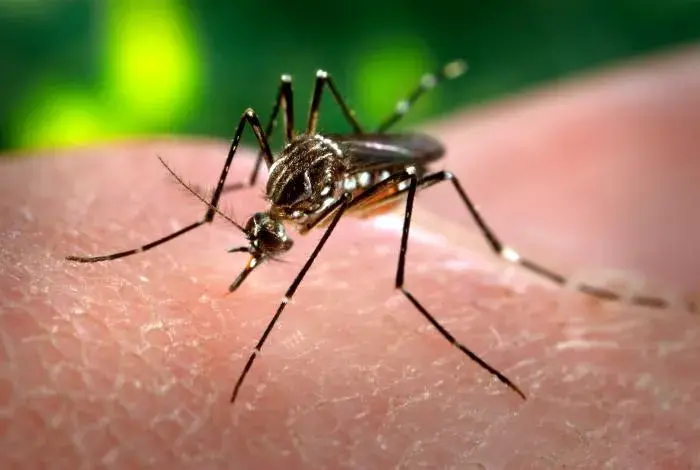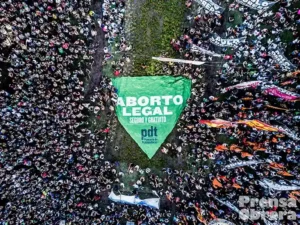Brazil confronts a public health emergency, preparing mass vaccination and emergency measures to curb the rapid spread of the mosquito-borne illness

In Brazil’s hot rainy season, a significant increase in dengue fever has prompted health authorities to implement emergency measures, including mass vaccination against the mosquito-borne illness.
According to the Health Ministry, 364,855 cases of infection were reported in the first five weeks of this year, marking a fourfold increase compared to the same period in 2023. The rapid spread of dengue has resulted in 40 confirmed deaths, with an additional 265 cases under investigation.
To address the situation, Brazil has acquired 5.2 million doses of the Qdenga dengue vaccine from Japanese drugmaker Takeda, along with an additional 1.32 million doses provided at no cost to the government. Three Brazilian states, including the populous Minas Gerais and the Federal District (home to Brasilia), have declared emergencies due to a surge in infections.
In response to the rise in cases, Brasilia is set to commence vaccination for children aged 10-14 with Qdenga. The city has reported a surge in dengue cases, surpassing the total for the entire year of 2023, with an infection rate of 1,625 cases per 100,000 inhabitants, far exceeding the national average of 170.
Army troops have been deployed in the capital to identify and address breeding spots of the Aedes aegypti mosquito, the dengue virus carrier, particularly in areas with stagnant water. The Brazilian Air Force has established a field hospital in preparation for an expected increase in hospitalizations in Ceilandia, a densely-populated suburb of Brasilia.
Cities such as Rio de Janeiro, gearing up for Carnival celebrations, have implemented preventive measures to curb the risk of an epidemic. The Health Ministry has established an emergency center to coordinate nationwide efforts against dengue.
During his visit to Brasilia, World Health Organization (WHO) director-general Tedros Adhanom attributed the dengue outbreak to the El Niño phenomenon, which has led to increased rainfall in Brazil. He highlighted the global surge in dengue fever, with over 500 million cases and 5,000 deaths reported worldwide last year from 80 countries, excluding Europe.
Scientists attribute the spike in dengue cases in South America during the southern hemisphere summer to rising temperatures and the El Niño weather pattern in the Pacific, contributing to prolonged dengue seasons and increased infections.
Dengue fever symptoms include high fever, headache, vomiting, muscle and joint pains, and an itchy skin rash, with severe cases potentially leading to hemorrhagic fever and fatal bleeding.







